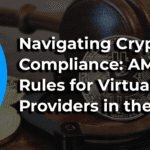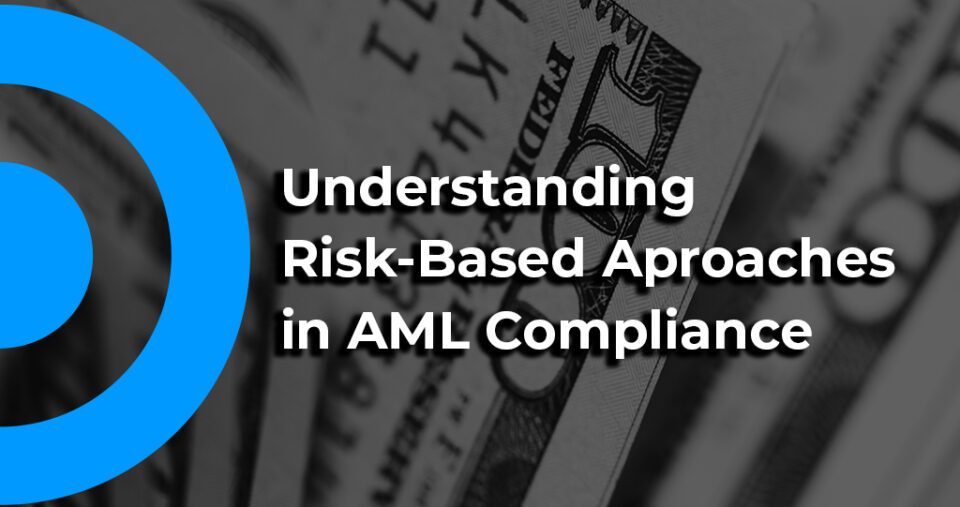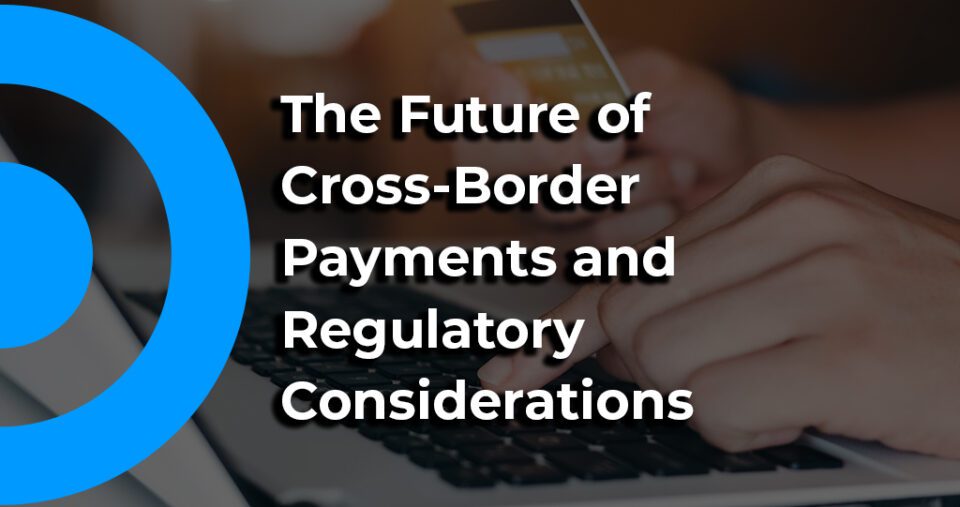
Navigating Crypto Compliance: AML Rules for Virtual Asset Providers in the UAE
January 20, 2025
Residual Risk Uncovered: Its Impact on Financial Crime Compliance
January 27, 2025In today’s evolving financial landscape, Know Your Customer (KYC) compliance is more crucial than ever, particularly for businesses in the payments industry. As of 2025, Canada continues to uphold robust KYC regulations to combat money laundering, terrorist financing, and other financial crimes. Navigating this regulatory terrain requires businesses to stay updated on the latest standards and ensure compliance with Canada’s laws.
Understanding KYC Compliance in Canada
KYC refers to the processes financial institutions and businesses use to verify their clients’ identities. It plays a crucial role in the wider framework of Anti-Money Laundering (AML) and Combating the Financing of Terrorism (CFT). In 2025, KYC requirements will continue to be governed by the Proceeds of Crime (Money Laundering) and Terrorist Financing Act (PCMLTFA) and enforced by the Financial Transactions and Reports Analysis Centre of Canada (FINTRAC).
Under Canadian law, businesses must:
- Verify clients’ identities.
- Maintain records of transactions.
- Report suspicious activities.
- Implement a risk-based approach to client onboarding.
These regulations apply to various sectors, including banks, credit unions, payment processors, fintech firms, and real estate companies.
Why KYC Compliance is Essential for Businesses
Failure to comply with KYC regulations can result in severe penalties, including hefty fines, sanctions, and reputational damage. In 2024, FINTRAC imposed $1.8 million in fines for non-compliance with KYC and AML obligations, underscoring the necessity of strong compliance frameworks.
Additionally, compliance with KYC helps businesses mitigate fraud risks, protect against identity theft, and prevent financial crimes. As the payments industry continues to digitalize, robust KYC measures will remain critical for safeguarding businesses and customers.
Read more: AML & KYC Compliance
KYC Requirements for Payments Providers in Canada
Payments providers, including fintech companies and money services businesses (MSBs), must adhere to stringent KYC guidelines:
1. Client Identification
- Businesses must collect and verify customers’ full name, address, date of birth, and nationality.
- Verification must be conducted using reliable, independent sources such as government-issued identification.
2. Risk-Based Approach
- Companies must assess each client’s risk level and apply enhanced due diligence (EDD) for high-risk customers.
- High-risk clients include politically exposed persons (PEPs), individuals from high-risk jurisdictions, and large-value transactions.
3. Ongoing Monitoring
- KYC is an ongoing process that requires continuous monitoring of transactions.
- Businesses must regularly update client information and flag suspicious activities for further scrutiny.
4. Record-Keeping Compliance
- Payments providers must maintain comprehensive records of all transactions for a minimum of five years.
- Proper documentation facilitates regulatory audits and ensures compliance.
Emerging Trends and Technological Innovations
1. Digital KYC & AI-Based Identity Verification
A Canadian Bankers Association (CBA) report reveals that 70% of financial institutions have adopted AI-driven KYC verification, including biometric authentication and AI-powered identity checks. These technologies improve accuracy, reduce fraud risks, and streamline onboarding.
2. Global KYC Standardization & The Travel Rule
Canada is aligning with global compliance efforts by implementing the Travel Rule, as recommended by the Financial Action Task Force (FATF). This rule mandates financial institutions to share specific customer data for cross-border transactions, enhancing transparency and preventing illicit financial flows.
3. Blockchain & Decentralized Identity Management
Blockchain-based identity verification is gaining traction, offering secure and tamper-proof solutions for digital KYC compliance. Leading fintech companies are exploring decentralized identity frameworks to streamline verification while ensuring privacy.
Best Practices to Ensure Compliance
To stay compliant with evolving regulations, businesses should adopt the following strategies:
1. Stay Informed & Updated
- Monitor regulatory updates from FINTRAC, FATF, and other global agencies.
- Adapt compliance frameworks to meet new requirements, such as the Travel Rule.
2. Leverage Advanced Technology
- Implement AI-driven identity verification and blockchain-based KYC solutions.
- Automate transaction monitoring and risk assessment to enhance efficiency.
3. Conduct Regular Audits
- Perform internal audits to identify compliance gaps and rectify vulnerabilities.
- Engage third-party compliance experts for periodic assessments.
Conclusion
As Canada strengthens its KYC regulations in 2025, businesses in the payments industry must prioritize compliance to avoid legal risks and enhance financial security. Implementing robust KYC frameworks, leveraging AI-powered solutions, and staying informed about regulatory changes will be key to navigating this evolving landscape.
For expert guidance on KYC compliance, partner with Paycompliance today and safeguard your business against financial crime risks.
Sources:



